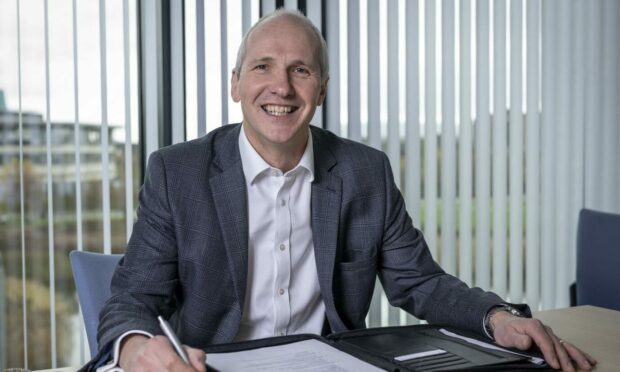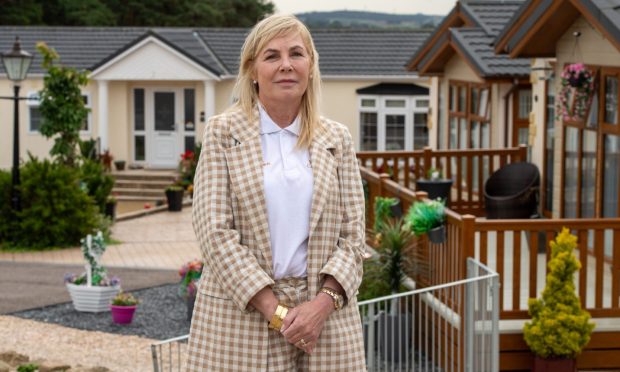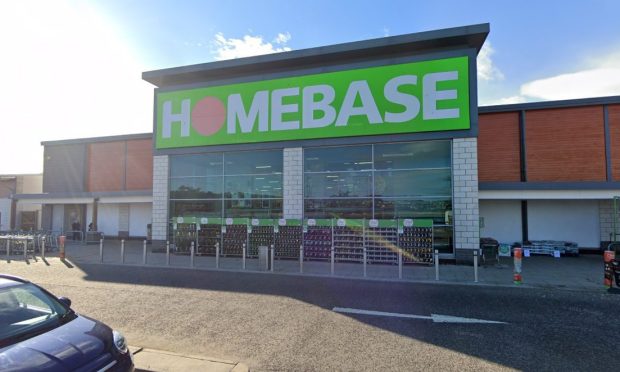According to the Office of National Statistics, in the third quarter of 2023 there were more than 360 £1 million-plus domestic and cross-border mergers and acquisitions (M&A) in the UK.
This is around one-quarter fewer than in the previous three-month period.
M&A activity is often seen as a barometer for the economic climate.
High levels of M&A activity tend to reflect a strong economy, with investors having available cash for opportunities to boost their returns and businesses through deals.
On the flip side, M&A activity drops off when trading conditions are challenging and less favourable. Investors are more inclined to hold onto their money during these times, rather than risk additional investment.
It looks like we’re on the flip side
Sadly, I think that’s where we find ourselves now and where we risk staying for the foreseeable future.
An appetite for investment needs more to feed it than just the economic climate.
Factors such as political unrest, confusion over policies which drive our economic direction and the events of a world in turmoil all have an impact.
They create uncertainty in the market. Until that uncertainty eases, many cautious companies will decide it’s safer just to leave their money in the bank or in a box under the bed.
During the global pandemic of 2020 we saw a significant decline in M&A activity. It started to pick up at the beginning of the following year.
In this part of the world, downturns in our oil and gas industry have also subdued M&A activity. In a downturn, everything becomes time constrained.
What’s harder to fathom is that more recently recovery from the downturn has been incredibly slow. Slower than in previous years, when we seemed more able to pick ourselves up, returning to business more or less as normal far quicker.
Investors should be banging at door
It may be due to a lack of confidence and clarity about the long-term future of this industry. The rhetoric around oil and gas, and the controversy and debate over licences creates a tsunami of uncertainty that is hugely damaging.
The messaging about our energy future and the role oil and gas must continue to play for some time to come isn’t being relayed properly. If it was, the appetite to invest in our substantially lucrative innovation and technologies for the new era of energy would have investors banging at the door.
The other side of the M&A coin is, of course, insolvency.
Reports suggest insolvencies are at their highest level for 30 years, with much of Europe reporting similar large increases.
Fingers are pointed at several attributing factors, not least inflation and high interest rates. Some of this could be attributed to a natural attrition of poorly performing or weak companies, but as an economic barometer we could also be seeing signals of an economic slowdown.
The messaging about our energy future and the role oil and gas must continue to play for some time to come isn’t being relayed properly.”
When the climate is favourable, engaging in the right M&A activity for your business can reap valuable rewards and these are not always purely financial.
If you’re looking to expand and grow your business, the focus would be on bringing in a service or product you don’t currently offer, creating new divisions that will complement existing business activity, sitting alongside it as a natural fit.
M&A numbers have to stack up
That’s only one part of the equation. It can’t just look pretty and attractive; the numbers must stack up.
If you’re investing in another business, there must be a firm level of belief it will deliver your growth aspirations, whether that be by 10, 20 or 50%.
As appealing as it may seem, will the M&A investment have a negative impact on the existing business? Will it swallow up too much resource, existing capability and capital?
Is the time it will take to recoup the investment acceptable, or does it prove to be the one risk that pushes everything else beyond recovery and to the wall?
Sometimes the greatest asset coming from a merger or acquisition is people. A merger or acquisition can bring skills you need into your organisation, adding real value to the deal.
Bringing new talent into your business, with different skills and knowledge, greatly enhances its diversity – and that’s invaluable.
It encourages and nurtures not just company growth but personal growth for individuals, opening new doors and introducing people to more opportunities for both career and personal development.
Stability is everything
But for M&A to flourish there must be a stable economy. With current levels of economic and global political uncertainty, we don’t have that solid foundation or protection at present to change the economic dynamics.
Events unfolding over the next year will be key to determining which way the barometer will point. We must hope it will point in a direction that will make M&A fashionable again, to increase productivity and stability to the economy and, more importantly, offer hope rather than volatility.
Jeanette Forbes is chief executive of Aberdeen-based IT services firm PCL Group.














Conversation